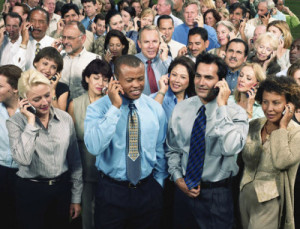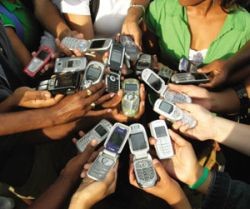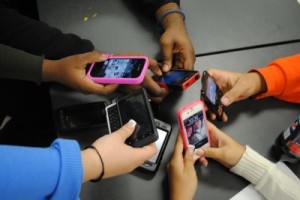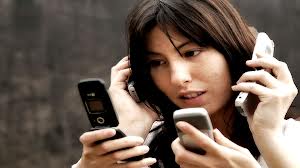 Cell phones have become a major part of our lives and changed the way we communicate. The technology allows us to connect instantly to anyone around the world and provides an unprecedented level of convenience. However, cellphones also have the potential to have negative effects on our social communication and vernacular.
Cell phones have become a major part of our lives and changed the way we communicate. The technology allows us to connect instantly to anyone around the world and provides an unprecedented level of convenience. However, cellphones also have the potential to have negative effects on our social communication and vernacular.
We have grown accustomed to the speed with which cell phones provide information. We can have near real-time conversations, download information, send emails, and remain always online. On the other hand, our attention span has likely decreased as a result of these technologies. We often have to edit our conversations to fit the requirements of a quick cell phone response. Moreover, reliance on machines to help us communicate can create an artificial and impersonal atmosphere. When receiving an email or text message, it is often difficult to interpret the true intention of the sender.
The language we use in our conversations has also been affected by cell phones. Texting, a common form of communication amongst adolescents, uses its own form of language with an extensive list of abbreviations. Simplified texting language has even filtered its way into face-to-face interactions, making up a form of teenage slang. This can be a problem as adults and adolescents may not share the same understanding of texting shorthand and acronyms, leading to potential miscommunication.
A further issue with cell phones is social isolation. Often we become so wrapped up in our phones that we become isolated, not engaging with friends and family when together in the same room. Additionally, many young adults have become so dependent on digital communication that they lack or have poor social skills which cause them to struggle in face-to-face conversations.
Cellphones can also be a disruptive force in face-to-face conversations. The sound of beeping notifications and the desire to check incoming text messages can be an interruption that is hard to ignore.
In conclusion, cell phones certainly have their advantages and are proving to be invaluable tools for communication. However, they also have the potential to affect our communication in various ways. For example, our attention spans and language can be disrupted as a result of cell phone use Additionally, cell phones can be a source of social alienation and distraction. It is essential that we remain conscious of how devices can affect our daily lives.





